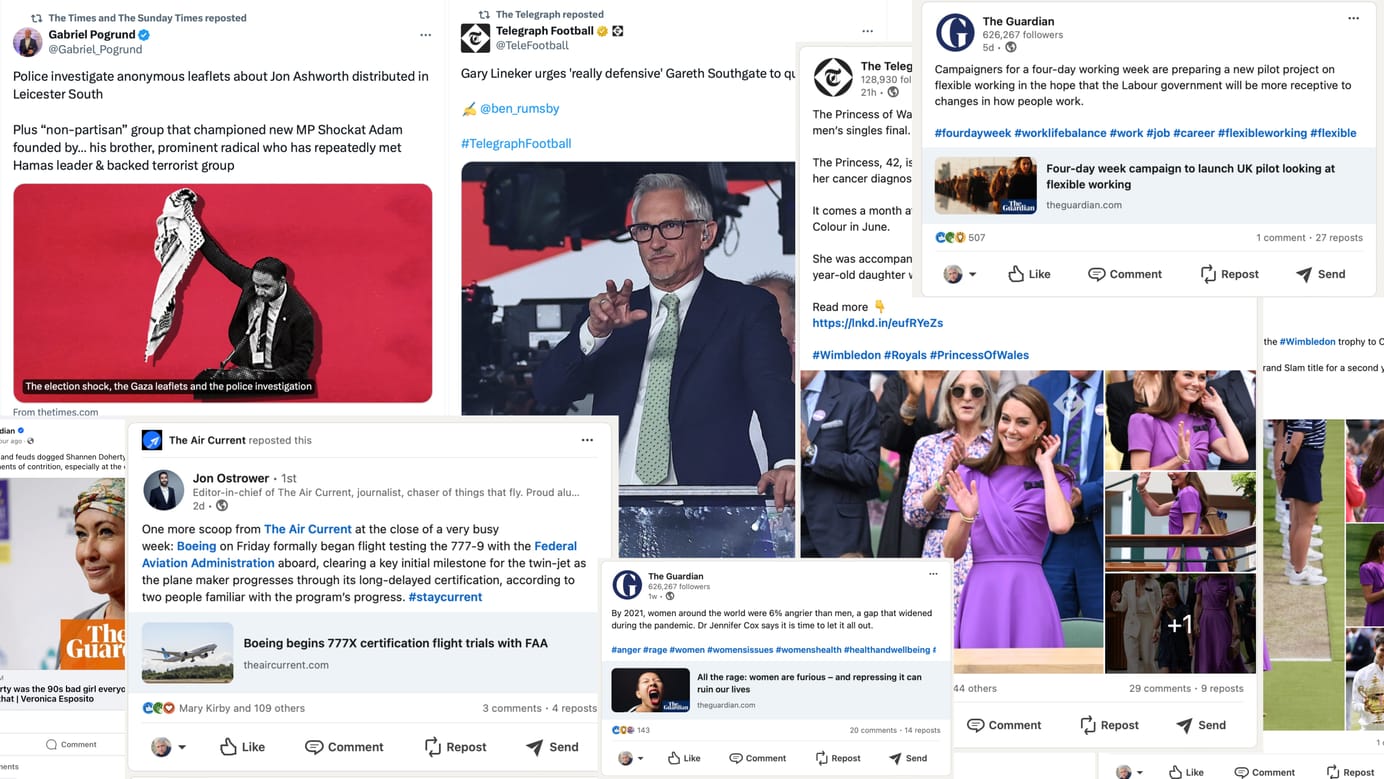Google: no longer a webby company
Marco Arment has used the demise of Google Reader to explore how Google has changed since the rise of Facebook – and how the big three web players (Facebook, Twitter and Google) are no longer “webby” in the sense we once used the word:
The bigger problem is that they’ve abandoned interoperability. RSS, semantic markup, microformats, and open APIs all enable interoperability, but the big players don’t want that — they want to lock you in, shut out competitors, and make a service so proprietary that even if you could get your data out, it would be either useless (no alternatives to import into) or cripplingly lonely (empty social networks).
The rather annoying part of all of this is that these services initially built their success on open web principles:
That world formed the web’s foundations — without that world to build on, Google, Facebook, and Twitter couldn’t exist. But they’ve now grown so large that everything from that web-native world is now a threat to them, and they want to shut it down. “Sunset” it. “Clean it up.” “Retire” it. Get it out of the way so they can get even bigger and build even bigger proprietary barriers to anyone trying to claim their territory.
I can see the appeal of the proprietary platforms to both individuals and companies. Brands want single companies they can deal with, while individuals don’t want all the hassle of maintaining the infrastructure to support their presence. Companies, though, should think twice before handing their online profile over to a company like Facebook who can change – and diminish that presence – at a whim. Facebook can be part of a strategy, but should never be the only home to it, unless you’re willing to cede effective ownership of your presence to a third party – two third parties, if you’re using an outside agency to a mange that work for you. Equally, individuals who have a vested interest in maintaining a web presence – artists, consultants and the like – should be wary of putting time and effort into a platform they can’t extract their data from.
I think it’s beholden to those of us who remember and understand what the open web standards were about – interoperability, data portability and their ilk – to keep fighting those battles, and to keep promoting their benefits to the people who “own” content and materials that they value. Those proprietary platforms are useful, and shouldn’t be ignored. But they shouldn’t be trusted, either. Who knows which service will be the next to be shut down – and how easy it will be to reclaim your data and content.
Or, as Marco puts it:
Well, fuck them, and fuck that.
Update: Just after posting, I saw Neville Hobson tweet this:
Google Alerts Drops RSS Delivery Option http://t.co/ThV2bTvwDC via @sengineland < bummer, all my alerts come in via RSS :(— Neville Hobson (@jangles) July 3, 2013
Further evidence, if you needed it, that Google is slowly backing away from providing useful tools that link their systems with yours.
Sign up for e-mail updates
Join the newsletter to receive the latest posts in your inbox.










